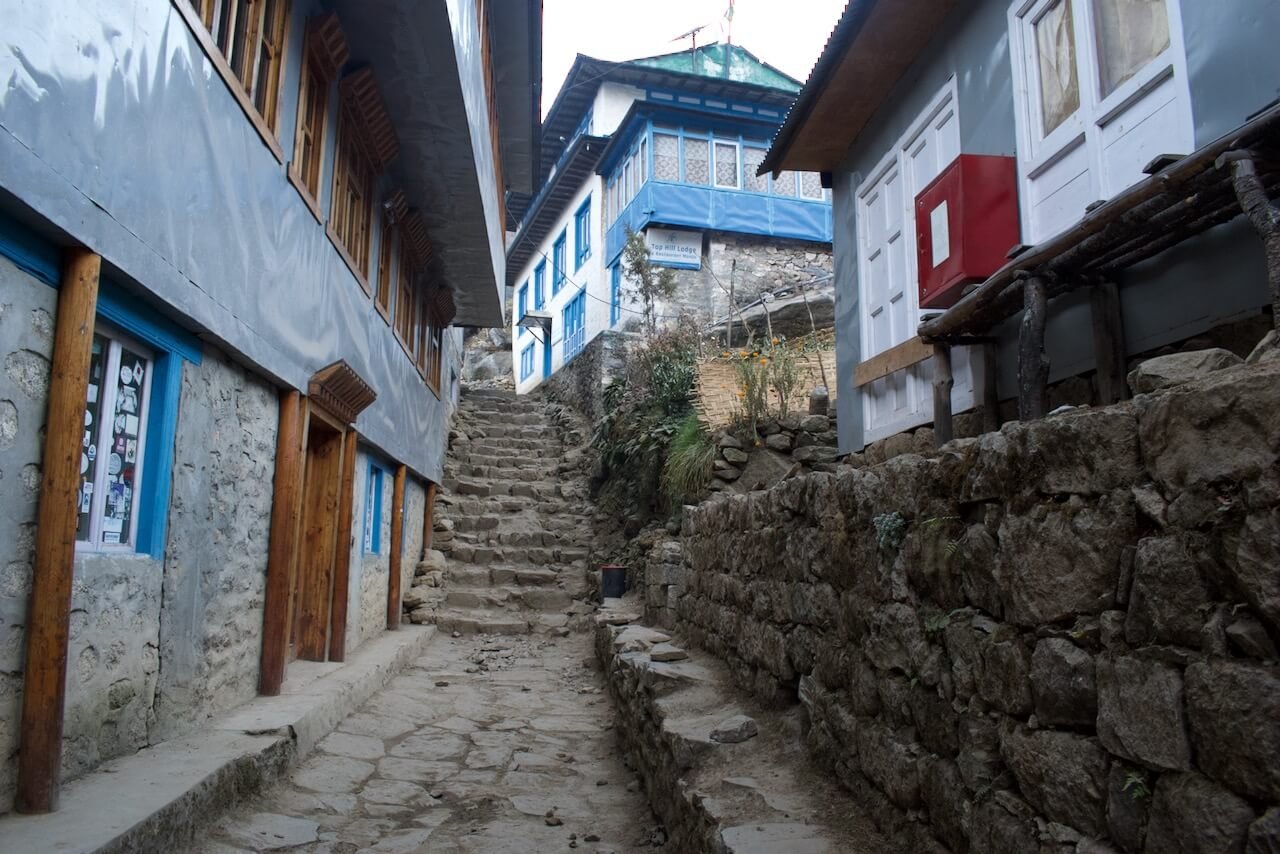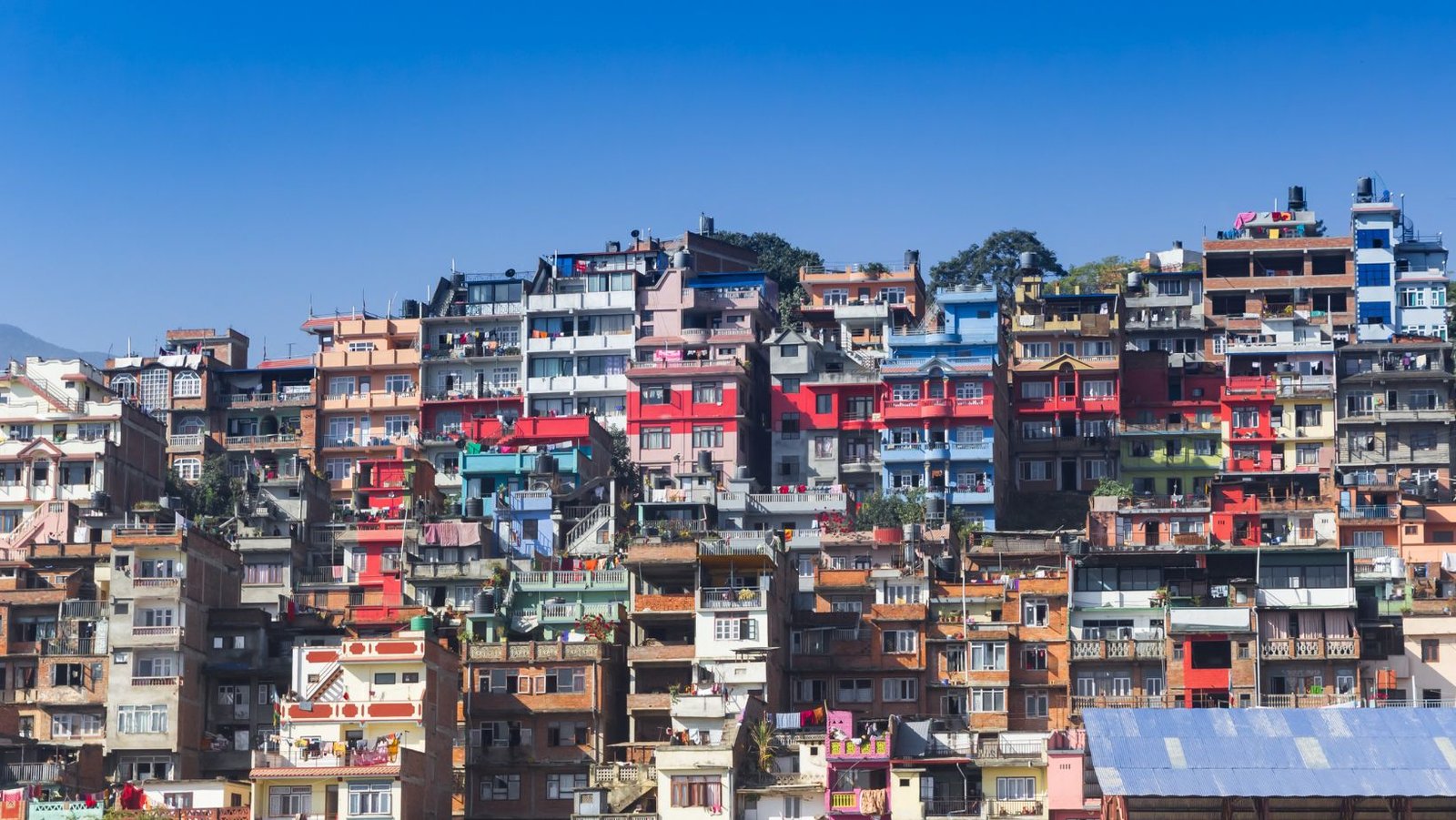Introduction
As trekking tourism grows in Nepal, the choice of lodging can play a significant role in preserving the pristine mountain environment. Eco lodges and traditional lodges serve different purposes but have distinct environmental impacts. Understanding their benefits can help trekkers make conscious decisions that support sustainable tourism in Nepal.
What is Eco Lodging?
Eco lodges prioritize sustainability by minimizing their environmental footprint. They use renewable energy, recycle water, reduce waste, and often source local and organic food. Eco lodges in Nepal are typically designed to blend with the natural surroundings, using traditional materials and practices that support local communities.
Traditional Lodging in Nepal
Traditional lodges in Nepal usually offer basic amenities catering to trekkers but may lack formal sustainability practices. These lodges contribute to the local economy and provide cultural experiences but sometimes generate more waste and consume higher energy due to older infrastructure.
Environmental Benefits of Eco Lodging
-
Lower Carbon Footprint: Use of solar panels and energy-efficient lighting.
-
Waste Management: Composting, recycling, and reducing plastic use.
-
Water Conservation: Rainwater harvesting and greywater treatment.
-
Community Support: Employing locals and promoting cultural heritage preservation.
Why Choose Eco Lodging on Your Nepal Trek?
Choosing eco lodges supports the conservation of the Himalayas’ unique ecosystems. It encourages responsible tourism, helping to maintain clean trails, protect wildlife, and reduce pollution. Eco lodges often offer a more immersive, authentic trekking experience by connecting travelers with local culture and nature.
How MyTravelMakers Supports Sustainable Lodging
At MyTravelMakers, we partner with eco-friendly lodges on popular trekking routes such as Everest Base Camp, Annapurna Circuit, and Langtang Valley. Our trekking packages emphasize sustainability, ensuring that your journey contributes positively to Nepal’s environment and communities.
Conclusion
Both eco lodging and traditional lodges have their place in Nepal’s trekking infrastructure. However, eco lodging offers a way for trekkers to minimize their environmental impact while enjoying the natural beauty of the Himalayas. When planning your Nepal trek, consider eco lodges to support sustainable tourism.








